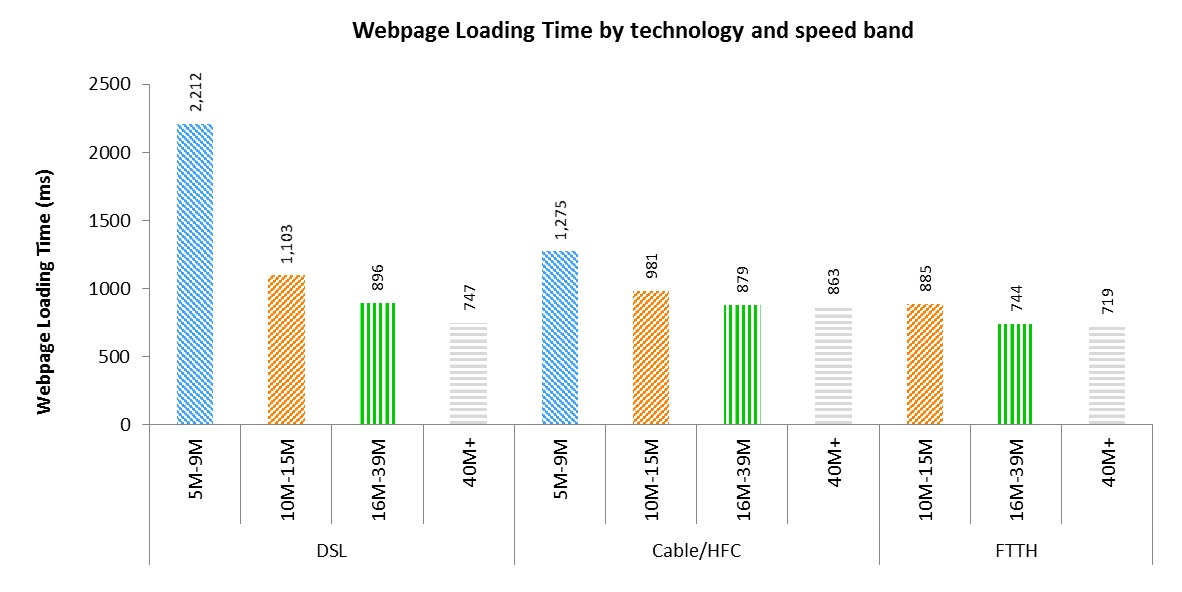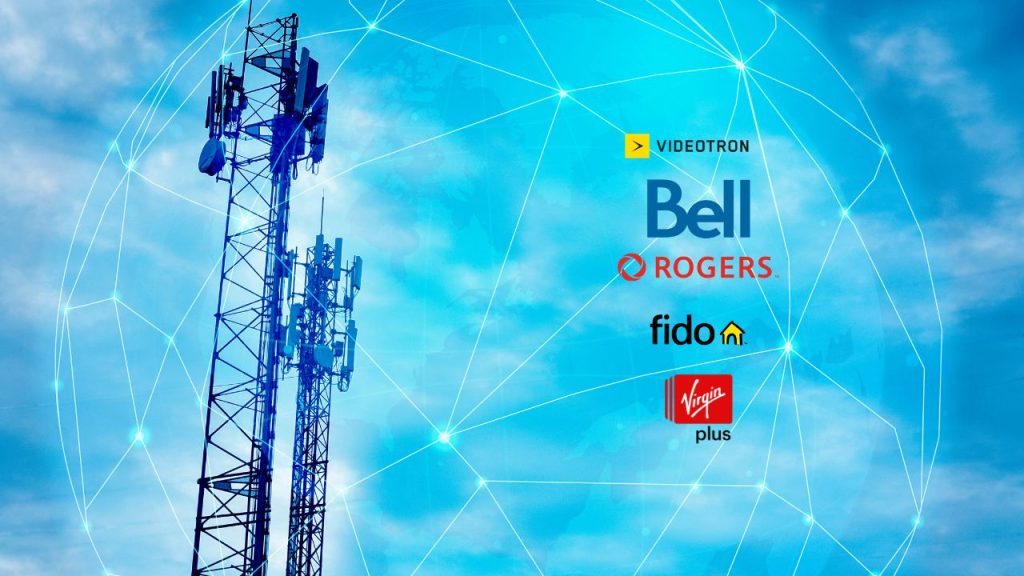Internet speed is a very important factor to consider when choosing a new internet plan but also a mobile plan for example. However, the amount of complex terms and lingo surrounding internet speed can make it a daunting topic to research. This article aims to lesser these concerns, determine what a good internet speed is for you, and introduce several components to consider when choosing a new internet plan.
What is a Good Internet Speed?
Internet speed refers to the amount of numerical data (or bits) sent or received in a unit of time (usually one second). Speed is typically represented as megabits per second (mbs), and consists of both download speed and upload speed. Additionally, what is a good internet speed also consists of network latency and data caps.
Download speed: Download speed is the speed in which your computer receives data from the web. This incoming data is what allows you to stream online videos, open web pages on a browser, or download files onto your computer. Your internet’s download speed affects exactly how long it takes you to execute tasks such as these.
Upload speed: Upload speed refers to the speed that your computer can send information using the internet. Outgoing data allows you to send emails and important files, or upload videos. Thus, your computer’s upload speed determines how long it takes to accomplish tasks such as these.
Network latency: Network latency refers to the time that it takes for your data to move across the internet. Your data bounces between several computers, routers and more until it reaches its destination. Each of these communications takes milliseconds to complete. The sum of time of all these communications is your network latency. Your home’s plan, speed, router, and personal computer all affect your network latency.
Data cap: Data caps refer to a monthly limit of data. Once this limit is reached, your connection may slow down, or get cut off completely. Many current plans provide unlimited data caps, but it should still be considered when trying to find the right plan for you. If you tend to use a small amount of data per month, you may want to consider a plan with a data cap if it will end up saving you money.
The combination of fast download speed, upload speed, and network latency essentially sums up a strong internet speed. It’s important to be aware of these terms when you compare internet plans. However, before going out and buying the internet plan with the highest available speed, we recommend testing your own speed.
What is a Good Download Speed? What you Should Know
Choosing internet speed may sound difficult, but it doesn’t have to be. Fortunately, PlanHub’s internet planning tool allows you to browse a variety of available internet plans depending on your location. After answering a few simple questions, the page presents you with a digestible list of internet plans, whose prices and speeds you can easily compare. Then, you can easily compare your own speed with available plans to determine what is a good download speed for you. Finally, to help find the best internet plan for you, please consider what kind of internet connection you want to purchase.
Different kinds of internet connections
Internet providers offer three kinds of connections: Fibre optic, cable, and DSL. Fibre optic offers the fastest download speeds (up to 1.5 gigabytes per second), but is not accessible to all Canadians. Cable internet is more available across the country, providing slightly slower download and upload speeds than fibre. Lastly, DSL is the most common option, offering download speeds closer to 50mps or less.
If speed is highly important to you, you might want to try getting a fibre plan. If not, consider one of the other types. However, there are other factors aside from internet type that may affect your internet speed. The most common issues stem from too many devices using the connection simultaneously, a weak connection or defective hardware.
To counter these problems, try disconnecting any devices from the network you don’t actively use. If the issues persist, call your provider to see whether your router needs to be relocated or repaired.
What is a Fast Internet Speed? How to Test Yours Out
Testing your personal internet speed is essential in determining what is a fast internet speed for you. Overall, it is a simple and straightforward process. Before taking the test, make sure that your device is close to or connected to your router. Stop all downloads or uploads that may be in progress (including tablets, smart phones, and gaming consoles), and close all background applications that may be running on your device. Finally, test your internet speed using our website’s intuitive service to determine how much you should be paying given your internet’s speed performance.
How Much Internet Speed Do You Need?
If you barely use the internet and mainly need it to check and send emails, internet speeds ranging between 4-6 MBPS are likely sufficient.
For heavier internet users that stream videos, music, and social media, a minimum speed of 10 MBPS is essential. However, if too many devices are connected to the network at the same time, you will notice a decrease in speed and efficiency.
If you want to connect several devices at once to to play online games or frequently stream, a plan between 15 and 20 MBPS would be appropriate.
Finally, if you heavily rely on the internet for gaming, downloading and HD streaming, you should at least invest in a 30 MBPS plan. If multiple users want to stream 4K content and play online games simultaneously, your minimum speed should be 50 MBPS.
Conclusion
So, one must assess several different considerations when deciding on an appropriate internet speed for them. Appropriate internet speed is subjective and differs from case to case. To put it briefly, it depends on how much internet data you use on a regular basis.
In general, good internet speed is a personalized question with millions of answers. Typically, we recommend that you prioritize a faster download speed than upload speed, while the specifics of your plan should depend on your usage and budget. After digesting our explanations of numerous terms, as well as using PlanHub’s services, you should have a much better understanding of what an appropriate speed is for you, as well as what kind of plan you should invest in.







